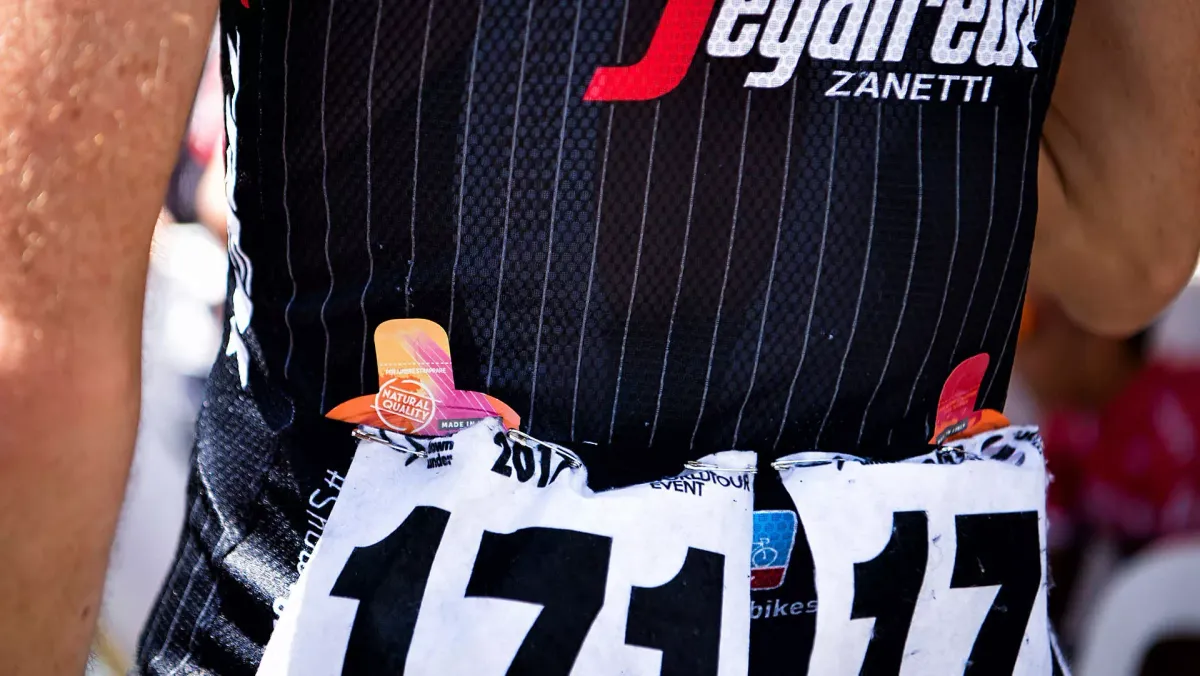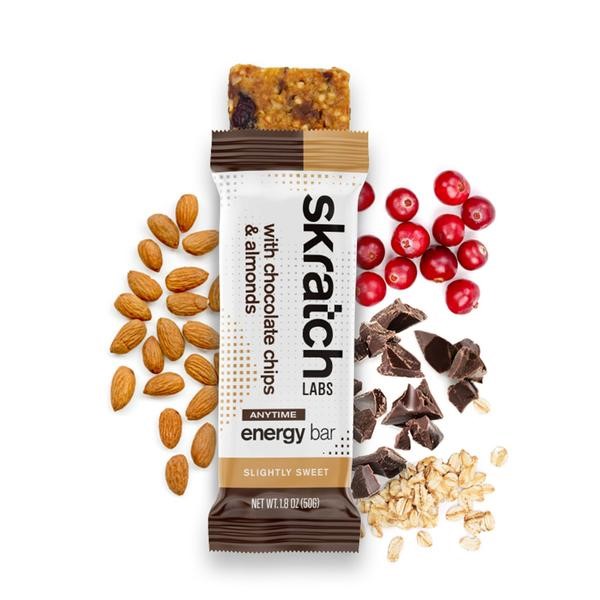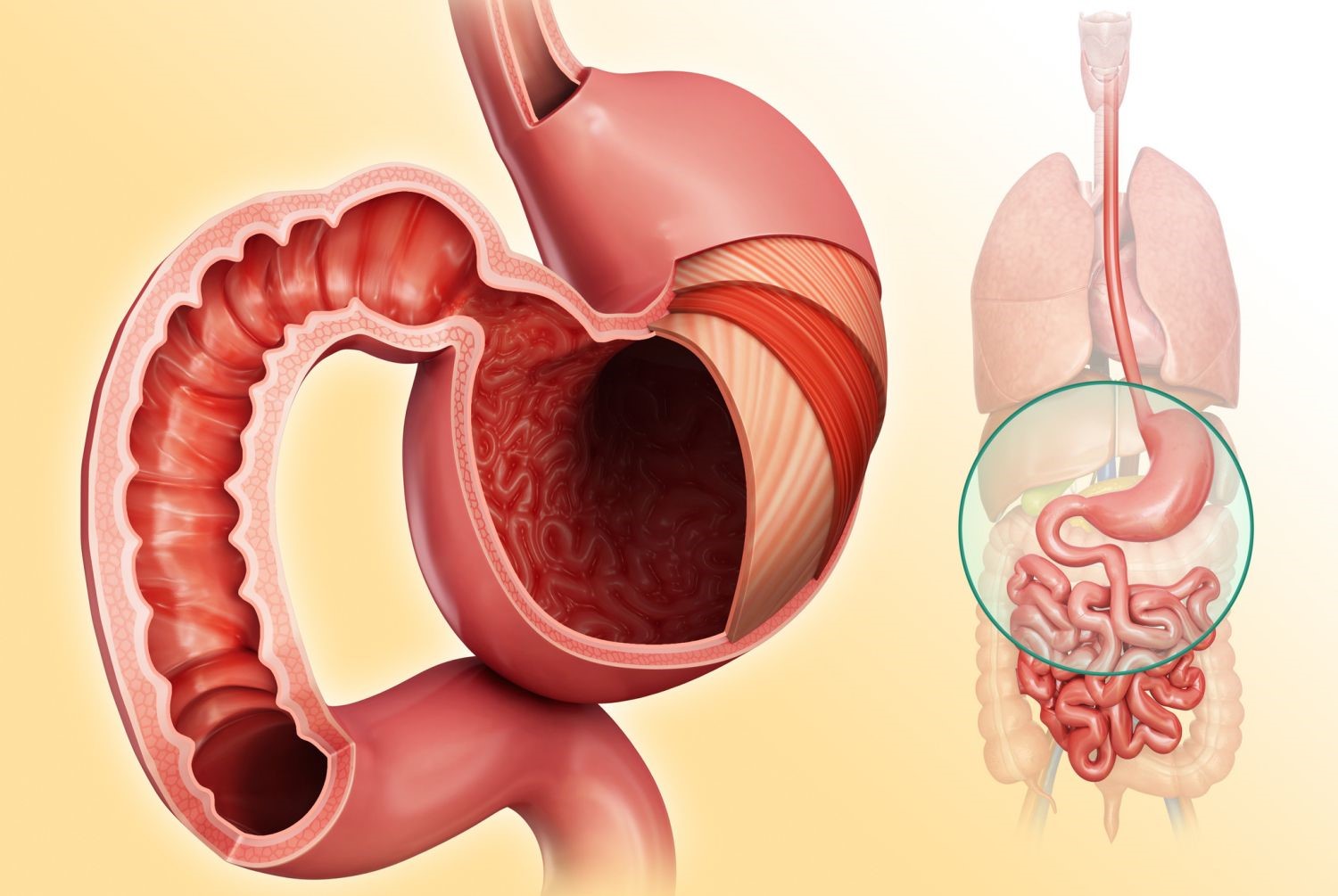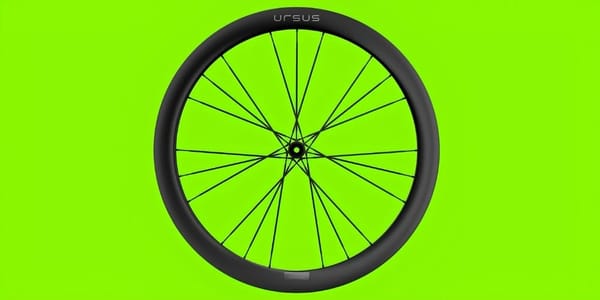Carbohydrates are the Key to Better Performance while Cycling

Carbohydrates are a perpetual hot topic in the world of sports nutrition. These days, when it comes to carbs, most focus is on low carb weight loss strategies, as carb restriction can lead to favorable affects on body mass and composition independent of energy intake. When we are talking about performance while cycling, however, be it riding further or faster, a diet rich in carbohydrates is in your best interest. Here’s a look at the latest research on optimal carbohydrate intake for cyclists, before the ride and during.
Carbohydrate intake during prolonged exercise has long been shown to increase endurance capacity and improve performance. Until relatively recently the recommendation was to ingest 30-60 grams of carbohydrate per hour while riding. The upper limit of 60g was based on studies that demonstrated that carb intakes greater than 60-70g/hour would not result in greater exogenous carbohydrate oxidation rates. The lower limit of 30g/hour was an educated guess at the minimum amount of carbs needed to maintain performance. You’ll note the old paradigm made no mention of the type, duration or intensity of the activity.
More recent studies call those old recommendations into question. We now know that oxidation rates can reach much higher values (upwards of 105g/h of carbohydrates) when multiple types of carbohydrates are ingested (glucose, fructose for example). Observations have also shown that carbohydrates ingested during short high intensity exercise (one hour efforts at 80% of VO2max) can improve performance and that the mechanism is distinctly different. These finding result in new recommendations for carbohydrate intake while cycling which account for the duration and intensity of the ride or race.
How Many Carbohydrates to Eat Before a Ride or Race
To start, we are going to ignore weight loss strategies for these recommendations and assume you are within 5-10 pounds of your ideal race weight. Regardless, I don’t recommend hard riding or racing during weight loss efforts. Choose one at a time, weight loss or racing/training and do it well.
Here are few evidence based recommendation about carb intake before the race starts:
- You’re everyday diet should be comprised of 55-65% carbohydrates. That’s 6 to 10 g/kg of body weight per day. For many athletes this will seem like a lot, especially those who have traditionally prioritized protein intake.
- Three to four hours before a race, start maximizing glycogen stores by consuming 200-300 grams of mixed carbohydrates in a mixed macronutrient meal.
- Then, eat 50-75g of carbs 30-60 minutes before your race.
- Finally, right before the start of the race, consume another 30-50g of carbs. This tops you off, loads your stomach with a carbs that can start moving into your bloodstream as you begin your ride and provides a small safety net in case you have trouble eating during early efforts.
Oral Receptor Exposure to Carbohydrate For Short Cycling Events
In short duration cycling situations ( ˆ¼1 h), oral receptor exposure to carbohydrate, via either mouthwash or oral consumption (with enough oral contact time) stimulates the pleasure and reward centers of the brain and provides a central nervous system-based mechanism for enhanced performance. If you’re on the line at a crit, cross race or short TT a 30-60 second swish and spit with carbohydrate will markedly increase performance.
Here’s Victor Campenaerts demonstrating the technique (6:30 mark) before breaking the UCI Hour Record.
Training the Gut for Carbohydrate Intake
Absorption of carbohydrate limits exogenous carbohydrate oxidation and exogenous carbohydrate oxidation is linked with exercise performance. Therefor, it follows that increasing absorptive capacity of the gut to carbohydrates may increase performance. There’s evidence to suggest that the gut is trainable and that individuals with high daily carbohydrate intake have increased capacity to absorb it. Studies have shown that a oxidation rates are higher after a high carbohydrate diet (6.5 g/kg bodyweight per day) for 28 days compared with a control diet (5 g/kg bodyweight per day). A study even proposes that this gut training may be a prerequisite for the first person to break the 2-hour marathon barrier.
For short efforts (less than 75 minutes), carbohydrate intake is not a limiting factor. For longer efforts, however, carbohydrate ingestion becomes more important as glycogen stores wane and blood glucose levels need restoration, thus gut training and the ability to absorb carbs quickly becomes increasingly important. For anyone interested in performing in longer event, you can see why low-carb diets may be deleterious.
Carbohydrate Sources while Cycling

Now the hard part, coming up with a nutrition plan while on the bike. Step one, find products that agree with you while you’re cycling hard. You do not want to show up to an even and use whatever they happen to be serving at the aid stations only to find nothing will settle in your stomach. Bonking and feeling sick after 3 hours of riding is the worst feeling in the world.
Cycling Nutrition Examples
- Maurten Sports Fuel drink mix comes in 40g/500ml and 80g/500ml options.
- Standard lemon-lime Gatorade has 36g/591ml.
- Skratch Labs’ chocolate & almonds energy bar has 30g of carbs.
- Science in Sport’s isotonic energy gels contain 22g/60ml.
- A delicious Honey Stinger waffle has 19g of carbs.
- Clif Bloks energy chews have 24g of carbs.
- A banana has 25-30g of carbs.
How Many Carbohydrates to Eat During a Ride
We covered topping off glycogen stores in your everyday diet and pre-race, during exercise carbohydrates primarily function to maintain blood glucose levels as glycogen stores wane. So how many carbs do you need to eat?
Well, that depends. The intensity and duration of your ride determine how many carbs you need. Here’s a breakdown:
Carbohydrate Intake for 30-75 Minutes of Cycling
- For short rides and races, only small amounts of ingested carbs or a mouth rinse are needed.
- The source can be either a single form of carbohydrate or a mixture.
- Example: Half a bottle of mix, half a Gatorade, or one Science in Sport gel. Or try the swish and spit method.
Carbohydrate Intake for 1 to 2 hours of Cycling
- For longer one to two hour events, you should consume 30 grams of carbohydrate per hour.
- The source can be either a single form of carbohydrate or a mixture.
- Example: One bottle of mix per hour, or one bar/gel/chews per hour.
Carbohydrate Intake for 2 to 3 hours of Cycling
- For longer two to three hour events, you should consume 60 grams of carbohydrate per hour.
- The source can be either a single form of carbohydrate or a mixture.
- Gut training highly recommended.
- Example: One bottle of mix plus one bar/gel/chews per hour.
Carbohydrate Intake for 3 or more hours of Cycling
- For long events of 3 or more hours, you should consume 90 grams of carbohydrate per hour.
- The source should be a mixture of carbohydrate types (you need fructose in addition to glucose and/or maltodextrin in a roughly 2:1 glucose/fructose ratio).
- Gut training becomes more and more necessary as duration increases.
- Example: One bottle of mix plus one gel plus one bar/chews per hour.






